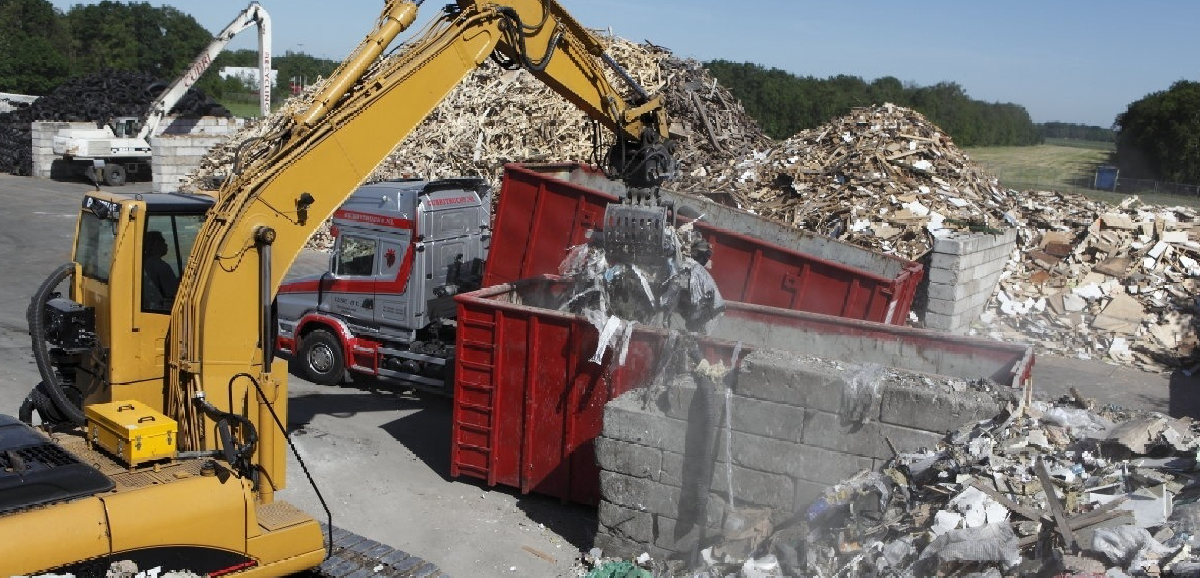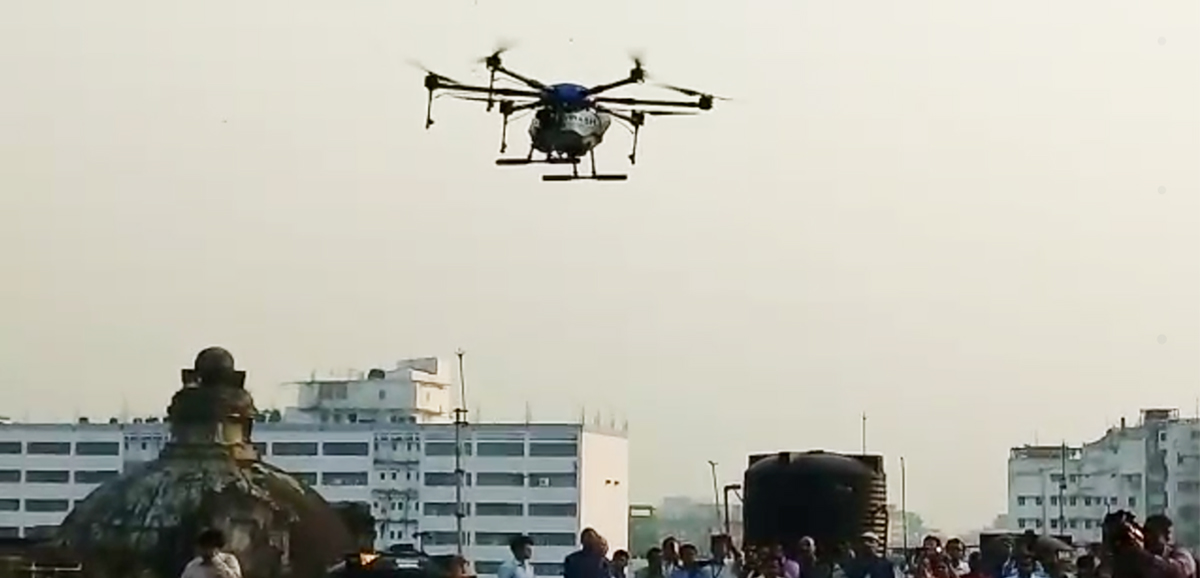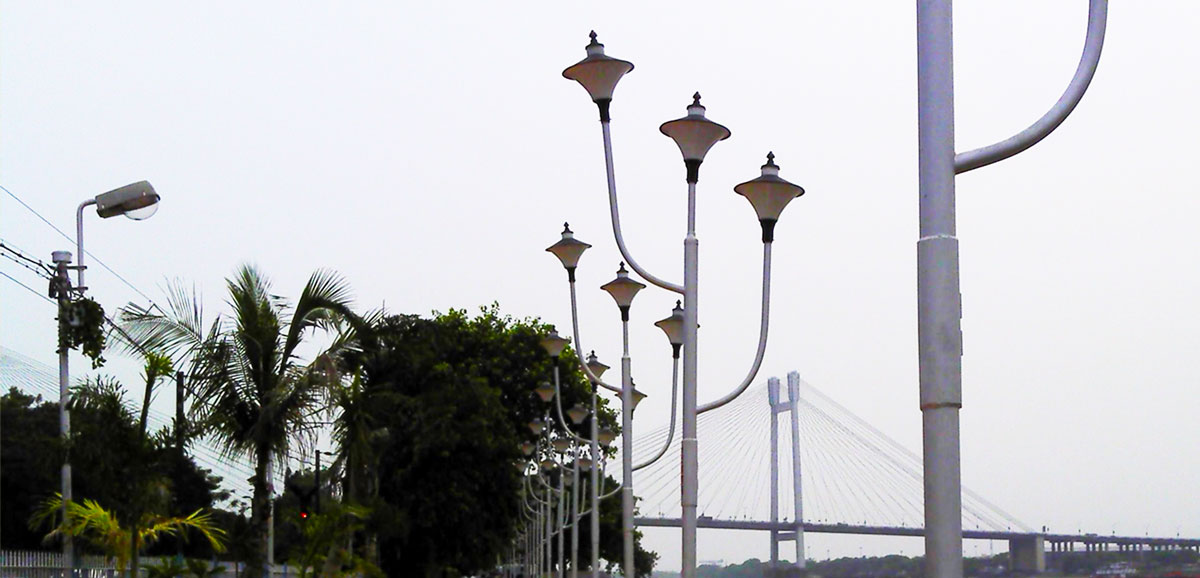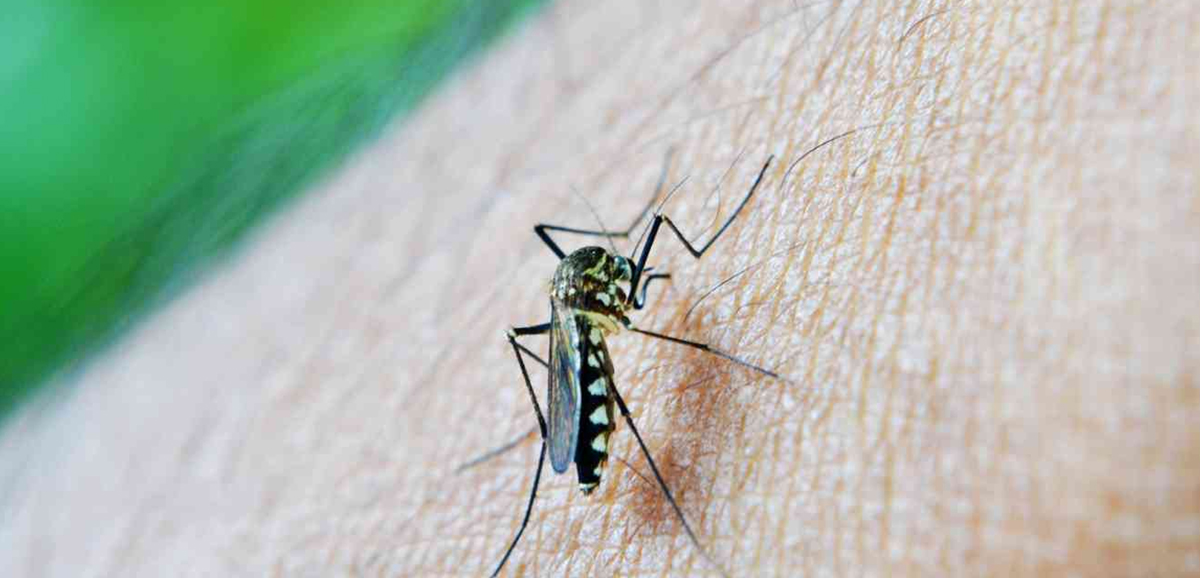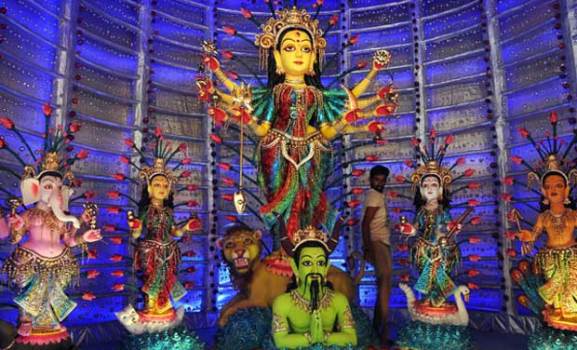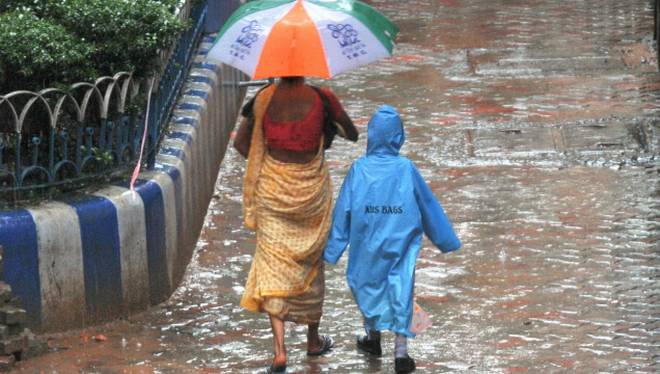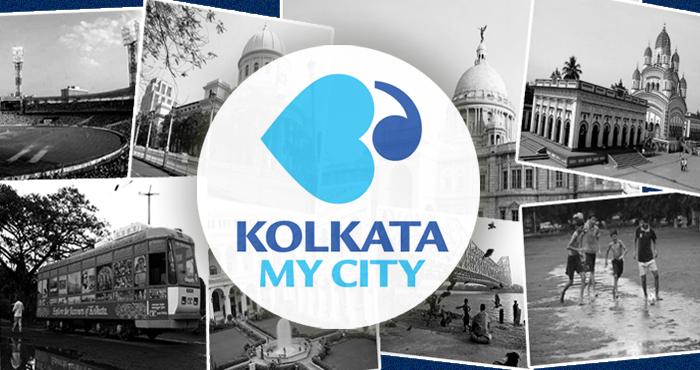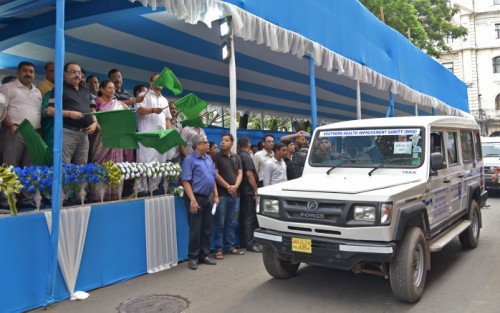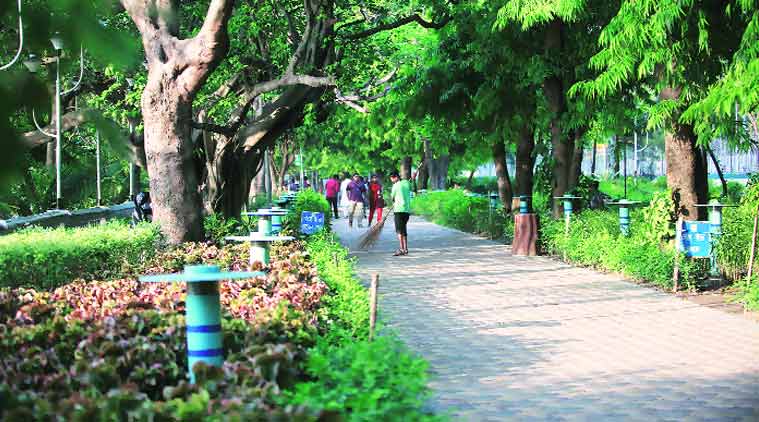The Kolkata Municipal Corporation (KMC) is going to set up construction-waste management units. The first two such units will come up at Patharghata near Rajarhat and Dhapa dumping ground. Construction wastes from 23 wards of KMC, Bidhannagar, Nabadiganta and some area of KMDA will be recycled at Patharghata. The unit at Dhapa will cater to the rest of the city.
The Mayor-in-Council in-charge of Solid Waste Management Department said that tenders have been invited for the proposed units. Kolkata does not have a separate system of construction waste processing, hence, construction wastes are being dumped with other wastes. So, the KMC is setting up these units.
KMC is taking advice from Central Glass and Ceramic Research Institute and Indian Road Congress regarding ways to reuse the construction-waste for the construction of new roads. This will lead to reduction in pollution as well.

